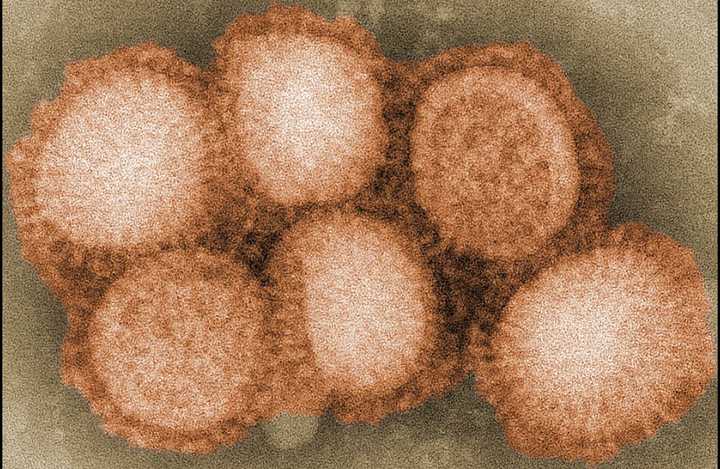The Centers for Disease Control and Prevention (CDC) made the announcement on Wednesday, Dec. 18 saying the infection was diagnosed on Friday, Dec. 13, following contact the patient made with sick and dead birds from a backyard flock.
The case was reported in Louisiana and marks the first H5N1 case in the US linked to exposure to backyard poultry.
Since April 2024, there have been a total of 61 reported human cases of H5 bird flu reported in the United States. H5 is generally less severe than H5N1.
Partial genome sequencing indicates the virus belongs to the D1.1 genotype, which has been detected in wild birds and poultry across North America, including Canada and Washington state.
While an investigation into the source of the infection in Louisiana is ongoing, it has been determined that the patient had exposure to sick and dead birds in backyard flocks.
Since April 2024, the US has reported 61 human cases of bird flu, most of which involved mild symptoms.
The CDC states that while the risk to the general public remains low, individuals exposed to infected animals should take precautions to reduce potential transmission.
“The best way to prevent H5 bird flu is to avoid exposure whenever possible,” the agency said in a news release. “Infected birds shed avian influenza A viruses in their saliva, mucous, and feces. Other infected animals may shed avian influenza A viruses in respiratory secretions and other bodily fluids (e.g., in unpasteurized cow milk or ‘raw milk’).”
Check back to Daily Voice for updates.
Click here to follow Daily Voice Southeast-Brewster and receive free news updates.
